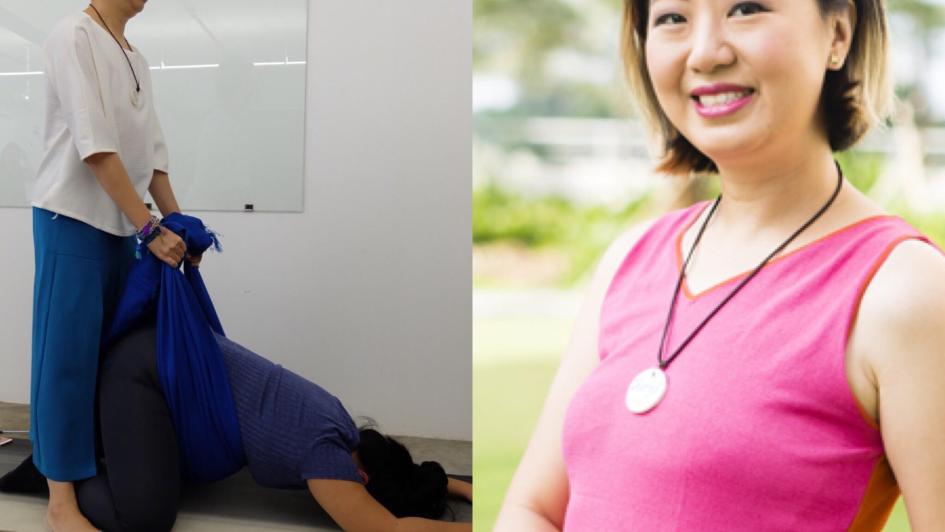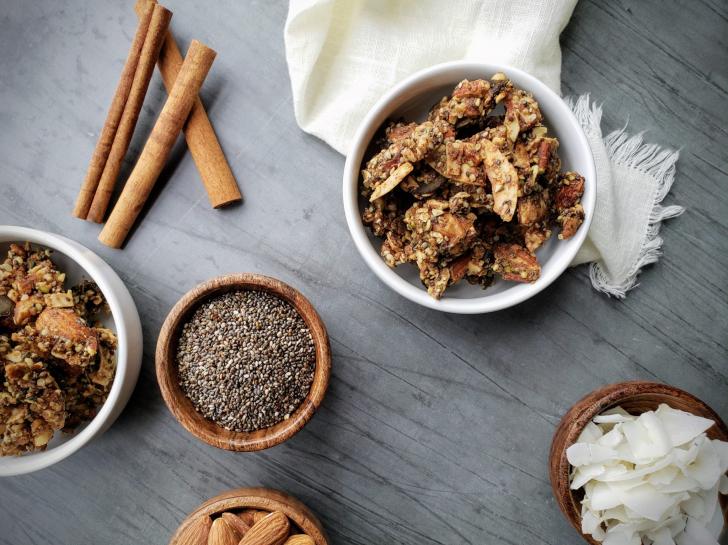Birth Culture in the Philippines

Published
Cheryl Chan, a member of the Pinay Doula Collective in the Philippines, spoke with us to share insights on the birth culture in Manila and what drew her to Bastyr’s Simkin Center.
How would you describe the birth culture in the Philippines?
The Philippines' Department of Health encourages facility-based birth as a way to address the country's high maternal and infant mortality rate. However, some metropolitan cities have taken this further and banned home births, and threaten to penalize midwives who attend home births. Given this, a lot of midwives are now working in the lay-in clinics or hospitals.
There are some hospitals who impose restrictions on partner of choice wherein only the mothers are allowed in the labor room. This gets to be daunting for the mother who is left to manage labor on her own without support from anyone.
The concept of doulas is very new and even if it would mean being of help to the birthing team, not all health providers welcome them.
Have you seen any positive changes implemented in Filipino birth culture?
The birth culture in the Philippines is slowly changing with education, empowerment and support. Birthing mothers in the past would by default go through a hospital birth and a lot of these cases end up with an “ungentle birth” - a traumatic, violent and/or discriminatory birth, with the mothers accepting it blindly. Mothers are now taking charge of their births. They are seeking the information, asking the right questions to their health providers and looking into alternatives to just a hospital birth.
This shift is providing a platform to a better understanding of conception to postpartum and starts discussion between one’s health practitioner and the families involved.
What brought you to doula work?
My own birth experience made me want to be a doula. Both of my birth experiences gave me insight on how a mother can get lost at a birth without proper education and support. There are possible outcomes that doctors can see that might be a concern like gestational diabetes, baby's size and growth, etc.
Some doctors, due to limited time per mother during consultations, are not able to explain fully the options to mothers even if there was still time to decide. Even if mothers look online, they still get overwhelmed with all the types of research information and need help processing the information. As a doula, I can offer evidence-based information to help mothers make choices and arrive at a decision that is right for the family.
What was the most important thing you learned at the Simkin Center that you were able to take back to the Philippines?
In my Lactation Education workshop, I learned a lot of scientific and evidence based information. This knowledge proved to be very useful during my counseling sessions with mothers who look into the research/science before taking action. From "When Survivors Give Birth," I learned how to better listen to mothers and how a doula should not assume and see all mothers as “survivors.” Words are powerful and can have a strong influence on a mother’s birth experience.
Can you share some cultural norms surrounding breastfeeding and how it fits into your doula practice?
I am passionate about breastfeeding because I know it is the best gift a mother can give a child. My mentor, Doula Velvet, also taught me that to better help a mother in her breastfeeding journey, a counselor should always ask the mother about her pregnancy/birth. Understanding her birth experience is important in early postpartum support.
Before the breastfeeding knowledge I acquired at the Simkin Center, I remember persevering to breastfeed both my children instinctively. However, this isn’t the case for many. Some obstacles surrounding breastfeeding in the Philippines are limited sources of donor breast milk to premature babies, celebrity endorsement products that are inferior to breastmilk, and even debunking breastfeeding myths instilled by older generations such as avoiding breastfeeding when the mother is tired. I believe that being a doula will allow me to educate these mothers early in the pregnancy, ahead of their breastfeeding journey.
Where in the Philippines is Pinay Doulas based and how would you describe the needs of the families that come to your organization?
Pinay Doulas Collective currently serves mothers in the Metro Manila area. We offer remote assistance through online support if physically traveling is not an option. Some of the doulas in our group have gone to provinces, states, and even overseas to assist mothers. The greatest needs of women are personal empowerment and support. Due to limited support, I have traveled very often to Hong Kong to provide postpartum assistance.
The Pinay Doulas Collective is committed to serve families by providing maternity support services covering all aspects of fertility, pregnancy, labor and delivery, breastfeeding, child care, infant and young child feeding, and maternal nutrition through education and support. For more information on their organization, visit http://pinaydoulascollective.com/.


